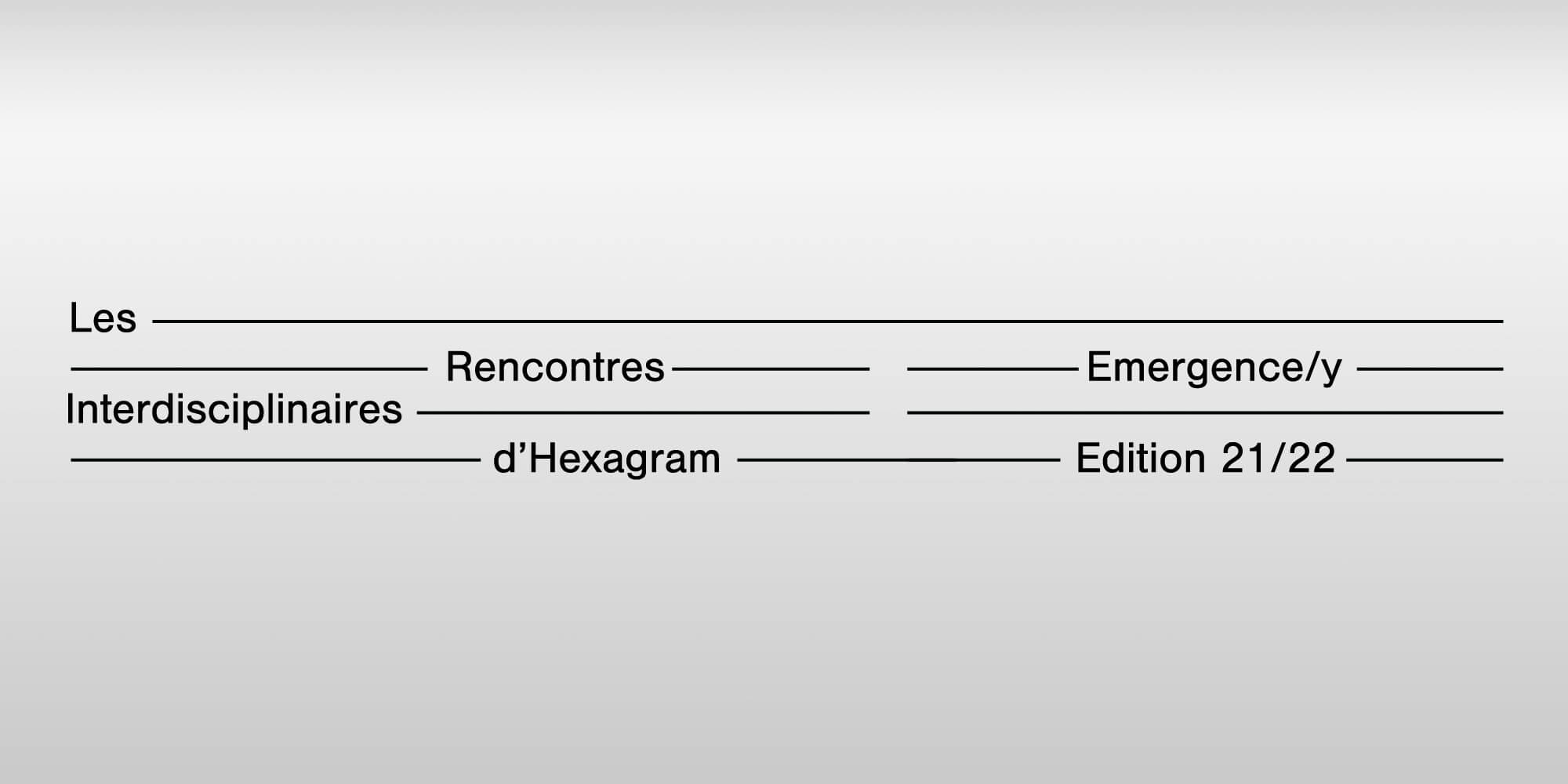The interactions between urban environments, technology, and communities are increasingly dependent upon space telecommunication infrastructures. However, these infrastructures are both out of sight and out of reach. What techniques can be deployed to assess, and subvert, their materiality and socio-environmental impact? What kind of cohabitation strategies between citizens, artists, researchers, scientists, corporations, architects, and urbanists can initiate new forms of collective engagement and provoke new relations with the built environment? Departing from the premise that the right to the city is a fundamental human right, this roundtable aims to offer strategies to best exercise it in the context of the urbanization of space technology. By engaging with the impact of planetary thinking at the urban level, it seeks to invent possibilities of aesthetic, ecological, and civic engagement that challenge the urban impact of space telecommunication infrastructures. It also seeks to develop modes of assessing and subverting such impact by engaging with what the materialities of these infrastructures enable and foreclose. Through site-specific urban interventions, case-studies, and visual provocations, students and researchers will engage with the material forms that space technology takes in the city. Participants will discuss artistic, urban, and scientific projects to reflect on alien modes of aesthetic engagement and creative adaptation of the urban environment.
Marie-Pier Boucher: Marie-Pier Boucher works on the artistic exploration of science and technology, with a specific focus on the design of environments built to sustain life in extreme conditions. She is co-editor of Being Material (MIT Press, 2019), Heteropolis (2013), and Adaptive Actions Madrid (2010). She is the lead convener of the Space Media research group at the McLuhan Center. Her recent work has appeared in the Canadian Journal of Communication, Épistemoctritique and has been presented at the Centre Pompidou. Her research residencies include NASA, Johnson Space Center; Banff Center; Max Planck Institute for the History of Science and; SymbioticA. She is an Assistant Professor at the Institute of Communication, Culture, Information and Technology and at the Faculty of Information at the University of Toronto.
Alice Jarry: Alice Jarry is an artist-researcher who specializes in site-specific responsive works, art-sci practices and sustainable design. She engages with the transformative potential of bio, smart and residual materials to examine socio-environmental issues pertaining to materiality and urban infrastructure. She holds the Concordia University Research Chair in Critical Practices in Materials and Materiality, is director of the Milieux Institute Biolab (Concordia), member of the Canada Excellence Research Chair in Next Generation Cities (Concordia) and Hexagram. Her recent work has been presented at the Centre Pompidou (Paris), at Vox Centre de l’image contemporaine (Montreal) and at the Biennale Nemo (Paris).
Emiliano Gandolfi (Italy / Rotterdam, Netherlands): Emiliano Gandolfi is an urbanist and independent curator with specific interest in cultural strategies as agencies of urban development. He is cofounder of Cohabitation Strategies, a non-profit cooperative for socio-spatial development. He is also co-founder of Urban Front, an international consulting group that supports progressive governments implement sustainable planning and development in connection with grassroots knowledge. He was co-curator of the 11th International Architecture Exhibition – Biennale di Venezia, and curator at the Netherlands Architecture Institute in Rotterdam. Gandolfi’s work has been exhibited in international venues including the Biennale di Venezia, the Lisbon Architecture Triennale, and the Museum of Modern Art, New York.
Bernard Foing: Bernard Foing is a space astrophysicist, Director of the International Lunar Exploration Working Group and of the ArtMoonMars and MoonGallery Foundation. Foing served as the Principal Project Scientist for SMART-1, the first European mission to the Moon. He has also led studies of lunar orbiters and landers. Foing has paved the way for the democratization of space technology by facilitating the access of space centers and conferences to researchers and artists. Foing is Professor of Earth and Planetary Science at VU Amsterdam.
Guillaume Pascale: Guillaume Pascale is a PhD student in Études et pratiques des arts at Université du Québec à Montréal. He develops the concept of “Vertical Geography” to examine how satellite imagery and data can translate in speculative visuals and narrative that interrogate the uncertainty and precarity of Earth’s based activities.
Lee Wilkins: Lee Wilkins is an artist, cyborg, and educator working with wearable technology. Wilkins is a PhD candidate at the iSchool at the University of Toronto, where they are researching the material politics of space suits. Wilkins is an occasional part time faculty member at OCAD University, Ryerson University, and Sheridan College where they teach electronics, and co executive director of Little Dada.
Philippe Vandal: Philippe Vandal is an undergraduate student in Intermedia CyberArts at Concordia University. At the intersection of technological, ecological, and artistic preoccupations, his practice bridges bio-inspired speculative design, environmental chemistry, and site-specific tangible media interventions to examine the artistic potentials and practical limits of bioremediating contaminated sites in Montreal’s urban settings. He is currently interested in relocating ecological systems into smaller-scale experimental and controllable settings, facilitating the reproducibility of affected milieus while addressing their waste issues.
Isabelle Boucher: Isabelle Boucher (MA in Philosophy, UdeM) is a PhD student in Communication Studies (Concordia), working across philosophy, media studies and waste studies to address the normative underpinnings and noxious implications of sustainability politics relating to extractive economies. She is currently interested in the potential of forensic and site-sensitive art projects to rethink bioremediation through speculative and marginalized forms of knowledge, in the hope of fostering a different kind of belonging among living and non-living processes.


